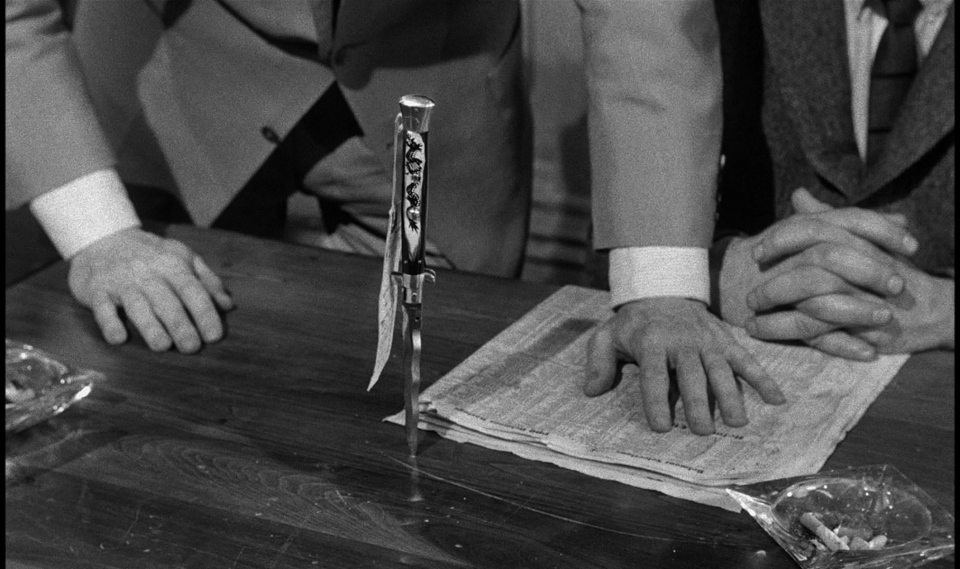I don't really know what the truth is - I don't suppose anybody will ever really know
Few movies have endured with such a sterling — even ascendant — reputation as 12 Angry Men. And all one has to do is watch it to understand why: This fleet story, contained almost entirely within one room, remains intriguing and relevant almost 70 years later.
The plot unfolds like a reverse detective novel: We’re handed a presumed culprit at the start with more than enough marks against him for Poirot to proclaim his guilt. A son has stabbed his father following a heated argument.
But then the titular twelve men, led by Henry Fonda aka Juror 8, start working backwards from that conclusion and poke holes in each piece of evidence. It’s a marvelous piece of writing, relentlessly paced, giving characters who lack even names distinct personalities and roles as the prescribed verdict unravels.
The acting is equal to the script: as a chamber piece, the film’s success rides on the excellent performances. Fonda is noble charisma personified, but the real impressive work comes from the grumpier characters: Jack Warden as the aloof snarker and, especially, Lee J. Cobb as the stubborn, pugilistic Juror 3. (Cobb gets a monologue near the end of the movie that’s one for the annals.)

It’s simply one of the most watchable dramas in movie history: A big, juicy slab of acting and dialogue and rising tension (captured via gradually increasing use of sweaty close-ups) wrapped around a gripping scenario. The story is inherently humane and empathetic and life-affirming. And the notion that our justice system works against poor people of color is as relevant today as when it was written.
I do think the very ending is unnecessary (need we learn Juror 8’s name in a throwaway?), but my biggest complaint about the movie is something different. For as much as this movie is heralded as the paragon on the virtue of impartial juries and the concept of reasonable doubt, this movie is a horrible example of a jury operating in practice. Juries simply shouldn’t work this way: It’s their job to weigh and debate the evidence provided, not play detective and conduct their own investigations. Fonda’s Juror 8 even brings in a knife he found while wandering near the scene of the crime! That’s not his job!
That’s not a problem of the film’s dramatic effectiveness, though. It doesn’t stop the film from being a riveting, great film. Almost 65 years later, 12 Angry Men remains absolutely essential cinema, and I’d bet everything I owned that it still will be 65 years from now.
- Review Series: Top 100 (2009 List)
Is It Good?
Exceptionally Good (7/8)
Awards, Honors, & Rankings
Dan is the founder and head critic of The Goods. Follow Dan on Letterboxd. Join the Discord for updates and discussion.

